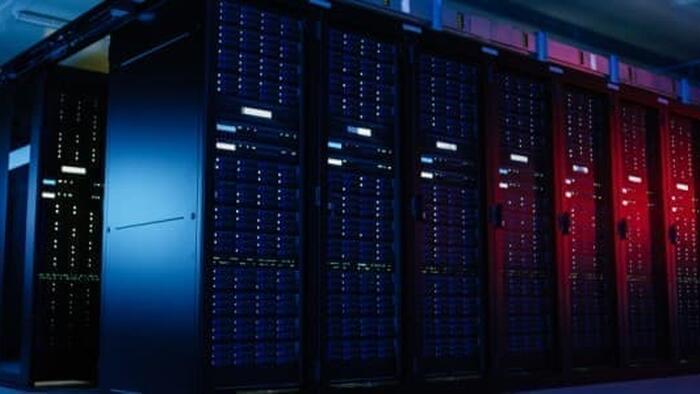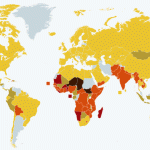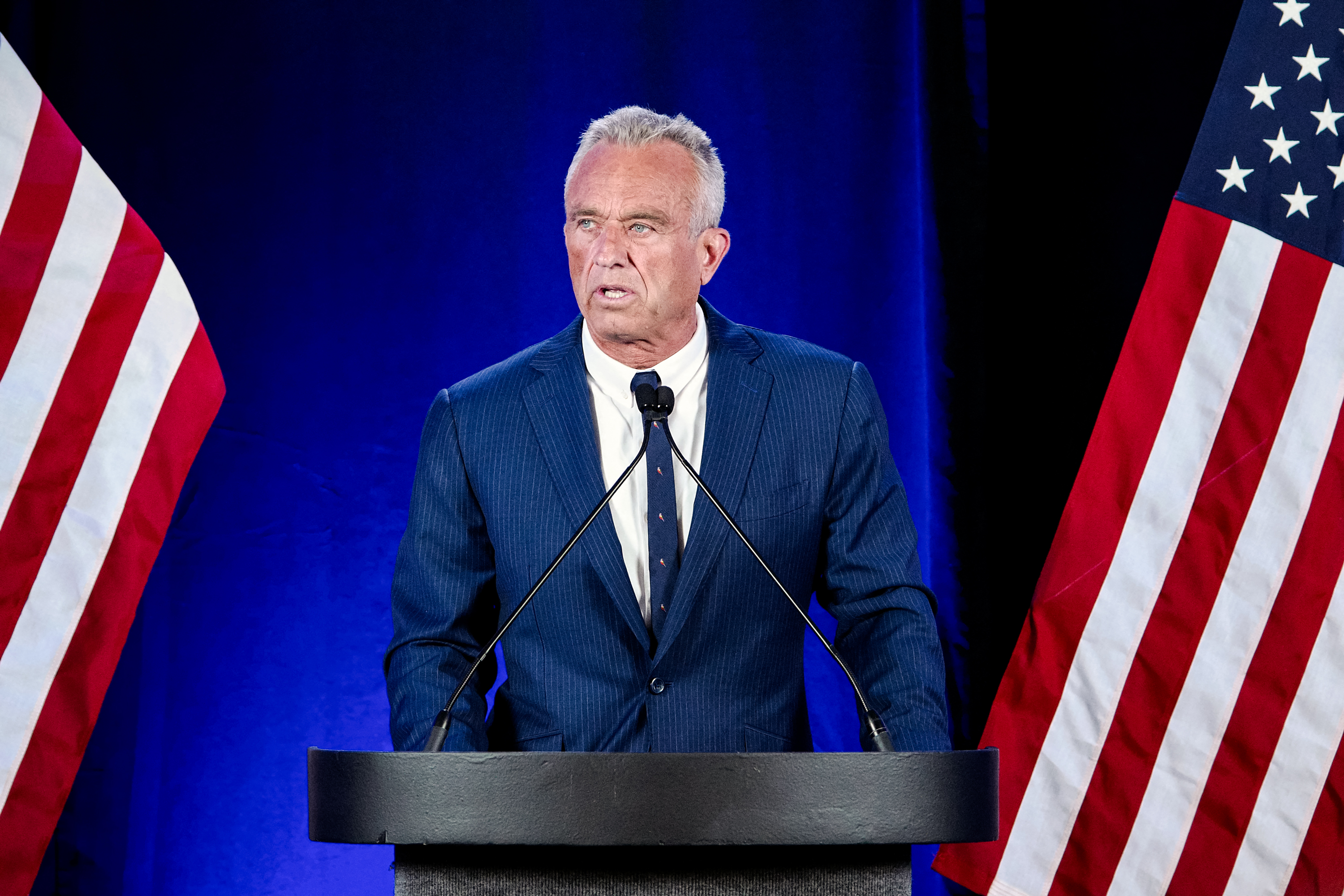By Haley Zaremba of Oilprice.com
Ireland is set to become the next country to face a major threat to its power grid due to the rapid expansion of artificial intelligence. Dublin has emerged as the heart of Europe’s data center hub, and hyperscale cloud providers have quickly become a pillar of the country’s economy. But powering the data centers that house the cloud has become a monumental task with the runaway growth of AI.
Artificial intelligence requires a stunning amount of energy to train and power its complex computation systems. Currently, the approximate amount of energy needed to sustain the sector’s growth is doubling every 100 days. At a global level, the AI sector alone could be responsible for 3.5 percent of all energy consumption by 2030 according to expert projections. “When you look at the numbers, it is staggering,” Jason Shaw, chairman of the Georgia Public Service Commission, an electricity regulator, told the Washington Post earlier this year. “It makes you scratch your head and wonder how we ended up in this situation. How were the projections that far off? This has created a challenge like we have never seen before.”
Already, the yearly power consumption of AI is more than most entire countries – only 16 nations in the entire world consume more annually. Ireland is a hotspot country – along with Saudi Arabia and Malaysia – where existing energy supplies are simply insufficient to power the data centers currently planned. “The almost overnight surge in electricity demand from data centers is now outstripping the available power supply in many parts of the world,” Bloomberg reported in June.
This has major impacts – both adverse and otherwise – on the economy writ large, especially since the tech sector is frequently prioritized above other key market sectors and services. “That dynamic is leading to years-long waits for businesses to access the grid as well as growing concerns of outages and price increases for those living in the densest data center markets,” Bloomberg went on to say.
Ireland’s grid is wholly unprepared for this transition. Last year, data centers consumed 21 percent of all metered electricity, surpassing urban residential consumption. This runaway growth has put Ireland in a tough spot between energy security and keeping the lucrative data center sector within its borders. “There is a risk that the pace of demand growth is faster than the speed of which generation and network infrastructure can be built,” a spokesperson for the country’s energy regulator, the Commission for Regulation of Utilities, told Politico this month. The spokesman confirmed that this dynamic could ultimately result in “power shortages” and “increased costs for consumers” among other long-term negative externalities.
Ireland is not alone in this dilemma. The United Kingdom is expected to see a 500% increase of energy demand from AI over the next ten years. Sweden, which has a climate ideally suited to naturally cooling data centers, could see related power demand grow two-fold within the decade, followed by another two-fold increase by 2040. The United States, too, is already facing considerable power crunches due to AI expansion. At a global level, the energy consumption by data centers alone is expected to top 1,580 TWh – around the equivalent of the entire country of India, the most populated nation on Earth.
All this growth doesn’t only pose trouble for energy and the economy. It’s also a major issue for the climate. “The dramatic increase in power demands from Silicon Valley’s growth-at-all-costs approach to AI also threatens to upend the energy transition plans of entire nations and the clean energy goals of trillion-dollar tech companies,” Bloomberg reports.
However, AI could also prove to be the saving grace of the energy industry if employed strategically. The global clean energy transition, which represents an unprecedented process of planned rapid systems transformation, will require intelligent, responsive, and flexible computing systems able to rapidly recognize, respond to, and predict complex patterns of production and consumption. AI could therefore be invaluable in managing smart grids capable of handling huge inflows and outflows of variable energies like wind and solar. It’s a double-edged sword, and making sure that AI will be employed wisely is a monumental task that will be make or break for countries like Ireland.
Loading…











